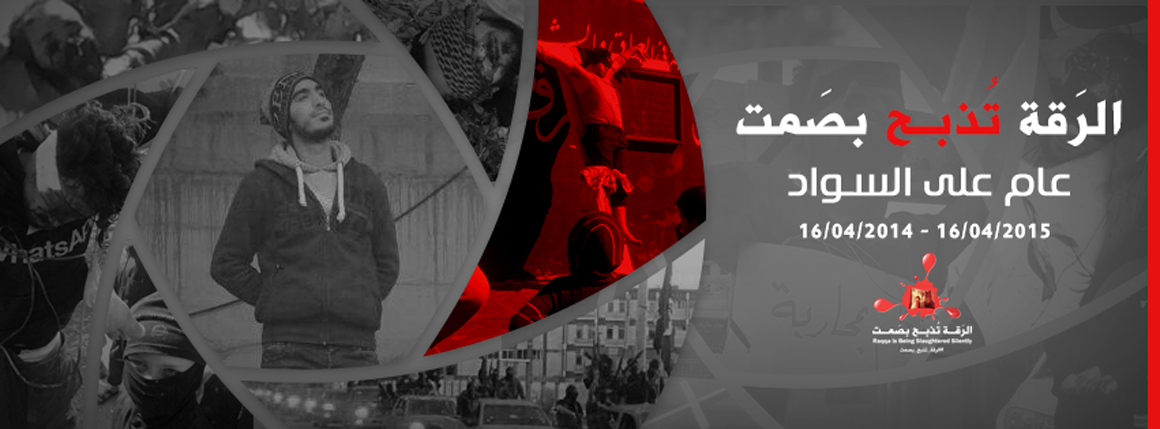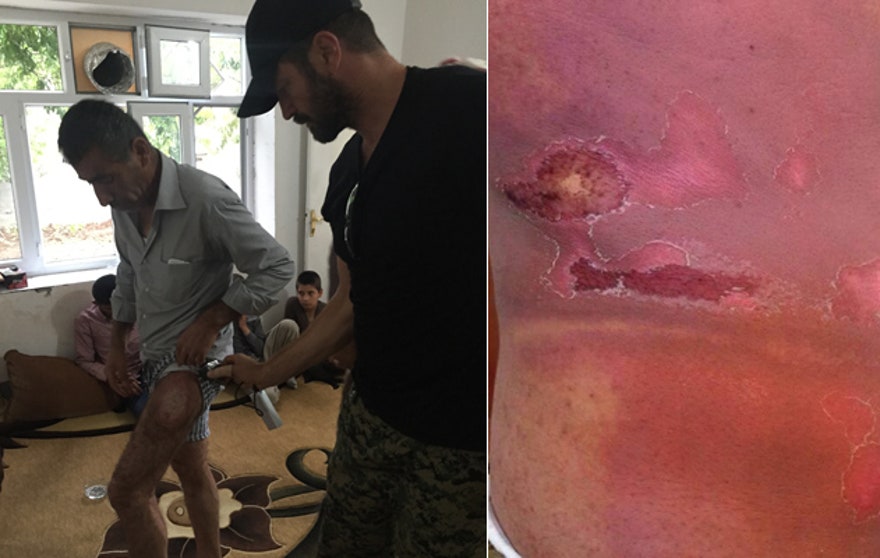The White House has never been concerned about an up or down vote by Congress to approve the Iran deal, rather the only concern is what Congress will do on the outside in regards to the sanctions on Iran. In the past week, Republicans and conservatives in Congress have been meeting to discuss all options to hurt the deal as it moves forward. One such option is to sue again Barack Obama on abuse of power over Congress using waiver authority on laws and standing sanctions on Iran and that discussion is taking place.
Sanctions Relief under the JCPOA (Direct text transfer from page 17 on in detailed Congressional Report. For the full report, click here.
The easing of sanctions under the JCPOA is relatively consistent with the stipulations of the framework accord. Under the JCPOA, the overwhelming bulk of sanctions relief occurs at Implementation Day—the day when the IAEA certifies that Iran has completed those stipulated core nuclear requirements listed in Annex V of the JCPOA (primarily reducing the size and scope of its enrichment of uranium). According to the JCPOA, the following sanctions are to be eased:
On Implementation Day, many U.S., virtually all EU, and most U.N. sanctions are to be lifted or suspended that Iran has taken certain key nuclear-related steps that are U.N. Security Council Resolution 2231 of July 20 contains this provision.
The U.S. sanctions that are to be suspended are primarily those that sanction foreign entities and countries for conducting specified transactions with Iran (so-called “secondary sanctions”). U.S. sanctions that prohibit U.S. firms from conducting most transactions with Iran are not being suspended. However, the JCPOA does commit the United States to a slight modification in the U.S. “trade ban” with Iran (Executive Order 12959 of May 1995) to permit: licensing the sale to Iran of commercial aircraft, and the importation of Iranian luxury goods such as carpets, caviar, and some fruits and nuts.
The U.S. sanctions to be suspended are mostly those imposed since U.N. Security Council Resolution 1929 was enacted in June 2010.55 That resolution identified Iran’s energy sector as a potential contributor to Iran’s “proliferation-sensitive nuclear activities.”
Type of Sanctions to Be Removed or Suspended. The sanctions relief on Implementation Day includes lifting or suspension of U.S. sanctions on foreign firms involved in Iran’s:57 (1) energy sector, including those that penalize Iran’s exportation of oil and sanction foreign sales to Iran of gasoline and energy sector equipment, and which limit foreign investment in Iran’s energy sector; (2) U.S. sanctions on foreign banks that conduct transactions with Iranian banks; (3) U.S. sanctions on Iran’s auto sector and trading in the rial. The United States is to revoke the designations made under various Executive Orders of numerous specified Iranian economic entities and personalities (listed in Attachment III of Annex II of the JCPOA), including the National Iranian Oil Company (NIOC), various Iranian banks, and many energy and shipping-related institutions. That step would enable foreign companies to resume transactions with those Iranian entities without risking being penalized by the United States.
U.S. Laws to Be Waived and Executive Orders to Terminated. The suspension of U.S. sanctions as required under the JCPOA will necessitate: exercising presidential authority to waive sanctions mandated by the core operative provisions of the Iran Sanctions Act (P.L. 104-172 as amended);58 Section 1245(d)(1) of the National Defense Authorization Act for FY2012 (P.L. 112-81); the Iran Threat Reduction and Syria Human Rights Act (P.L. 112-158); the Iran Freedom and Counter-Proliferation Act (Subtitle D of P.L. 112-239); and the Comprehensive Iran Sanctions, Accountability, and Divestment Act of 2010 (CISADA, P.L. 111-195). The statutory basis for the sanctions would remain unchanged by the agreement. Implementing the U.S. commitment will also require terminating the provisions of the following Executive Orders: 13574, 13590, 13622, 13645, and Sections 5-7 and 15 of Executive Order 13628. For information on the exact provisions of the Executive Orders and the laws referenced above, see CRS Report RS20871, Iran Sanctions and CRS Report R43311, Iran: U.S. Economic Sanctions and the Authority to Lift Restrictions.
Request for Congress to Lift Sanctions Outright. The JCPOA requires the U.S. Administration, within eight years (“Transition Day”), to request that Congress lift virtually all of the sanctions that will be suspended under the JCPOA. The JCPOA requires all U.N. sanctions to terminate after 10 years of adoption of the JCPOA. Under the JCPOA, the eight year mark after JCPOA adoption is known as the Transition Day and the 10-year mark is known as the Termination Day.
EU Lifting of Sanctions on Implementation Day. The EU sanctions to be lifted include: (1) the EU ban on purchases of oil and gas from Iran; (2) the ban on Iran’s use of the SWIFT electronic payments system that enables Iran to move funds from abroad to its Central Bank or its commercial banks; and (3) the lifting of EU sanctions (assets freezes/visa bans) on entities listed in Annex II, Attachment 1. This attachment does not include one controversial personality –IRGC-Qods Force Commander Qasem Soleimani. EU nuclear-related sanctions on him are to remain until Transition Day, although he will remain sanctioned under EU decisions on Syria and on terrorism. U.S. sanctions on Soleimani will remain, including secondary sanctions on entities that deal with him.
U.S. Sanctions to Remain in Place. Other U.S. sanctions that are not required to be suspended in accordance with the JCPOA are mostly those sanctioning Iran’s support for terrorism, its human rights abuses, and worldwide arms and WMD-related technology to Iran. The specific Executive Orders and statutory provisions that will not be suspended include (1) E.O. 13224 sanctioning terrorism entities (not specific to Iran); (2) the Iran-Iraq Arms Non-Proliferation Act that sanctions foreign firms that sell arms and weapons of mass destruction-related technology to Iran; (3) the Iran-North Korea-Syria Non-Proliferation Act (INKSNA);59 and (4) the Executive Orders and the provisions of CISADA and the Iran Threat Reduction and Syria Human Rights Act that pertain to human rights or democratic change in Iran. Iran also will be remaining on the “terrorism list” and all sanctions triggered by that designation will remain in place, at least for now. The United States has not pledged in the JCPOA to remove or to reconsider Iran’s designation as a state sponsor of terrorism. That designation triggers numerous U.S. sanctions, including a ban on any U.S. foreign aid to Iran and on U.S. exportation to Iran of controlled goods and services, and a prohibition on U.S. support for international lending to Iran.
U.N. Sanctions on Arms Sales and Ballistic Missiles to Be Terminated After Several Years. One issue that arose during final negotiations on the JCPOA was the suspension of U.N. sanctions on Iran’s development of nuclear-capable ballistic missiles and on Iran’s importation or exportation of conventional weaponry. The April 2 framework accord indicated that these sanctions would remain in place in the JCPOA. However, as subsequently negotiated, the ban on Iran’s development of nuclear-capable ballistic missiles is to be lifted within eight years of the JCPOA and the ban on conventional arms sales to Iran and on Iran’s exportation of arms are to be lifted within five years,60 as stipulated in Resolution 2231. However, as noted, U.S. sanctions on foreign entities that assist Iran with such programs will remain in place, as will specific U.N. Security Council Resolutions that prohibit weapons shipments to Lebanon and to Yemen.
Ban on Reimposing those Sanctions that are Lifted or Suspended. The JCPOA contains language requiring that the parties to the agreement not reimpose the sanctions that will be suspended, as long as Iran is complying. The agreement states that if U.S. sanctions are reimposed (other than through reimposition on the grounds of Iranian noncompliance), Iran would not be bound by its nuclear commitments. An Iranian letter to the President of the U.N. Security Council, dated July 20, interprets the provision to bar the reimposition of those sanctions that are being suspended under “non-nuclear” justifications such as Iranian support for terrorism or armed factions in the Middle East, or for human rights violations. Iran interprets reimposition to be those sanctions that target the same sectors of Iran’s economy on which sanctions are being lifted or suspended (energy, financial, auto, shipping). However, there does not appear to be a prohibition on enacting further U.S. sanctions (other than those being suspended under the JCPOA) on arms sales to Iran, human rights violations and Iranian support for terrorism or armed factions in the region .
Automatic Reimposition of Sanctions (“Snap-Back”)
The JCPOA (paragraph 36 and 37) contains a mechanism for the “snap back” of U.N. sanctions if Iran does not satisfactorily resolve a compliance dispute. According to the JCPOA, the United States (or any veto-wielding member of the U.N. Security Council) would be able to block a U.N. Security Council resolution that would continue the lifting of U.N. sanctions despite Iran’s refusal to resolve the dispute. In that case, “… the provisions of the old U.N. Security Council resolutions would be reimposed, unless the U.N. Security Council decides otherwise.” These provisions are included in U.N. Security Council Resolution 2231.61 The total time for this “dispute resolution” mechanism –between the time of the complaint of Iranian non-compliance and the reimposition of U.N. sanctions, is 65 days.
A related question is whether the effect of sanctions currently realized could ever be reconstituted if U.N. sanctions are lifted but U.S. sanctions are reimposed. The effect of all sanctions has depended on the substantial degree of international compliance and cooperation with the sanctions regime that has taken place since 2010. A wide range of countries depend on energy and other trade with Iran and might be reluctant to resume cooperating with reimposed U.S. sanctions unless Iran commits egregious violations of its commitments. Countries that do not wish to reimpose their sanctions on Iran could argue that, because U.N. Security Council sanctions are lifted, they are no longer bound to cooperate with U.S. sanctions.
Implications for Iran of the JCPOA Sanctions Relief
The suspension of sanctions on Implementation Day would likely have significant implications for Iran’s economy, including the following:
Crude Oil Exports. Iran will be able to export crude oil without restriction. Iranian energy officials estimate that Iran could double its oil exports from the 1.1 mbd level of the JPA period within about six months. Significant quantities of Iranian oil will likely hit the market immediately after sanctions suspension because Iran reportedly has about 30 million -50 million barrels of oil stored, and therefore available for immediate release onto the market.
Access to Restricted Foreign Exchange Reserves. Upon the suspension or lifting of sanctions on Implementation Day, Iran will have access to about $120 billion in foreign exchange assets currency that it has been unable to repatriate to its Central Bank. However, according to Treasury Secretary Jacob Lew in testimony on the JCPOA in late July, about $65 billion of those funds are obligated. About $20 billion is owed to China for infrastructure projects performed in Iran by Chinese firms. About $45 billion is owed to cover loans to Iranian energy companies and other Iranian firms. The Treasury Department says that only about $56 billion would be available for Iran to use at its discretion, after these obligations are paid. The funds consist of some assets deposited before restrictions on the movement of the funds was imposed in February 2013 (Iran Threat Reduction Act), but the bulk of the assets are oil sales proceeds deposited since that restriction went into effect.
According to the Treasury Department, Iran’s foreign exchange reserves are held by many banks around the world, and particularly in those of Iran’s five remain oil customers: China, India, South Korea, Japan, and Turkey.62 Some funds might be held in EU banks as well. Other banks said to hold Iranian foreign exchange funds are, according to a determination of waiver provided to Congress on June 17, 2015, in Oman, Switzerland, and South Africa.63 And, banks in the United Arab Emirates, a major trading partner of Iran, might hold some of the monies as well.
Post-Sanctions Economic Growth. Economists estimate that Iran’s economy could grow as much as 7% after sanctions are suspended.64 Iran’s energy sector, automotive production sector, and other industrial sectors are likely to rebound strongly as importation of parts becomes easier to finance. Some assert that Iran will use the additional economic resources generated by the deal to enhance its regional position. The Administration acknowledges Iran might steer some extra funding to regional allies but argues that Iran will use the great bulk of the additional funds to invest in its domestic economy which has been starved by sanctions for several years.
Commercial Aircraft Sales. Iran is likely to seek to purchase significant quantities of commercial aircraft because of the advanced age of most of the aircraft used by its airlines. The deal commits the United States to license commercial aircraft sales to Iran, including U.S.-made aircraft. If such sales are consummated, U.S.-Iran trade in dollars, which has been highly limited by sanctions for many years, could expand significantly. The importation to the United State of U.S. luxury goods is likely not to boost bilateral trade significantly because of the low-volume and low dollar-figure nature of these imports by U.S. buyers.






